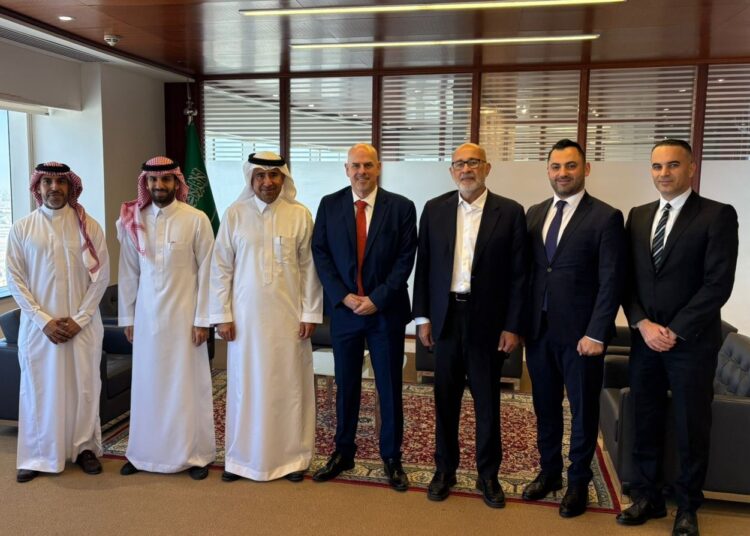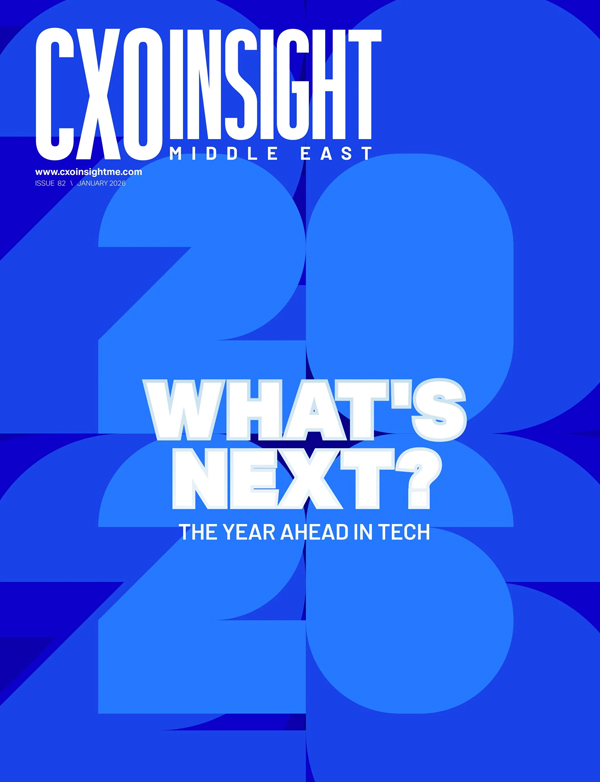Enterprise IT infrastructures have expanded beyond traditional confines, creating a seemingly limitless digital ecosystem. With the rise of remote and hybrid work models, cloud-based solutions have become integral to operations. Meanwhile, edge computing and the Internet of Things are gaining momentum, fundamentally reshaping how enterprises function.
These advancements offer numerous advantages, such as boosting employee satisfaction, enhancing data accessibility, and refining analytics capabilities. However, they also introduce heightened cybersecurity challenges. To navigate this evolving terrain, organisations must constantly reassess and refine their IT policies. It’s crucial to stay proactive, adapting policies to address emerging technical scenarios and safeguarding against potential threats.
We spoke to experts to find out about the important IT policies security leaders need to consider in ensuring a more secure enterprise.
The new frontline
With employees dispersed across numerous locations and utilising a variety of devices, the conventional perimeter-based security model has become outdated. A more agile and comprehensive approach is now essential to safeguard corporate data and infrastructure. The stakes have never been higher, and the consequences of inadequacies are serious.
“Focusing on critical IT and cybersecurity, organisations should renew their policies around remote access, data privacy, and endpoint security to ensure that their remote workforce is equipped to face cyber threats,” says Subhalakshmi Ganapathy, Chief IT Security Evangelist, ManageEngine.
In the era of remote work, the first line of defence is a robust remote access policy. While traditional methods like Virtual Private Networks (VPNs) remain essential, they must evolve to meet modern demands. Ganapathy recommends, “Organisations should focus on providing a proper outline that accounts for each rule and policy concerned with how the workforce accesses the company’s network and resources from a remote location.”
This includes not only VPN usage but also the implementation of Multi-Factor Authentication (MFA) to verify user identities and stringent access control to ensure employees only access what is necessary for their roles. “Defining the resources and data that can be accessed remotely by employees based on their roles and responsibilities is essential. This helps to establish control over who’s accessing what,” she adds.
Trust no one, verify everything
As companies transition from traditional security models, the Zero Trust Architecture (ZTA) concept has gained significant traction. “One of the primary policies that organisations should implement is Zero Trust Architecture. This approach operates on the principle of ‘never trust, always verify,'” explains Sertan Selcuk, VP for METAP & CIS, OPSWAT.
The Zero Trust approach mandates continuous validation of every user and device, regardless of their location relative to the organisation’s network. By treating each access request as potentially hostile, ZTA minimises the risk of unauthorised access and data breaches. “By ensuring that every access request is thoroughly authenticated, authorised, and encrypted, ZTA significantly reduces the risk of unauthorised access and potential breaches,” adds Selcuk.
In addition, the rise of remote work has also made endpoint security more critical than ever. Employees now use a variety of devices—many of which are personal—to access corporate resources, expanding the attack surface and introducing new vulnerabilities. “Securing endpoints is crucial in a hybrid work environment,” says Selcuk.
He adds: “Comprehensive endpoint security solutions are necessary, and these should include antivirus, anti-malware, encryption, and regular patch management. Additionally, Mobile Device Management (MDM) systems can help ensure that all devices comply with security policies and can be remotely managed or wiped, if necessary.”
Bassel Khachfeh, Digital Solutions Manager, Omnix International, opines the same, highlighting that strengthening the security of all devices connecting to the network, such as laptops, phones, and tablets, is critical. “Deploying endpoint detection and response (EDR) tools, keeping software up to date, using robust antivirus programs, and encrypting data on all devices are crucial steps in protecting company information,” he says.
Protecting your organisation’s most valuable asset
Data is the lifeblood of any organisation, and protecting it is paramount and vital part of any IT policies strategy. Securing sensitive data is crucial for both productivity and business success.
This protection starts with strong encryption—both in transit and at rest. Encrypting data ensures that even if it is intercepted, it remains unreadable without the proper decryption key. “Organisations should implement strong encryption standards for all sensitive data, including emails, files, and communications,” advises Selcuk.
In addition to encryption, strict access control mechanisms are vital. This means enforcing the principle of least privilege, where employees only have access to the data necessary for their roles. Ganapathy says, “Implementing strong access control mechanisms and adhering to the principle of least privilege ensures that personnel can only access data based on their roles and responsibilities.”
Beyond implementing reactive security measures, adopting a proactive approach to cybersecurity is crucial. “Continuous monitoring of network activity and segmentation of the network are essential to enhance security,” says Khachfeh.
Security Information and Event Management (SIEM) systems are crucial in this regard. These systems collect and analyse security data, enabling swift detection of any anomalies.
“Additionally, utilising Secure Access Service Edge (SASE) frameworks ensures secure access for all employees, whether they’re working remotely or in the office. Regular security checks, including audits and penetration tests, are vital for identifying and addressing vulnerabilities, while also ensuring compliance with relevant security regulations and standards,” he adds.
The human factor
While technology and policies are critical components of cybersecurity, the human factor remains a significant vulnerability. According to Verizon’s 2024 Data Breach Investigations Report, human error continues to be one of the leading causes of security breaches. This underscores the importance of employee training, especially in a remote work context.
“Training employees to be aware of security risks and understand how to handle data securely is always important, especially for a remote workforce,” says James Maude, Field CTO, BeyondTrust. “This is especially true for a remote workforce who may unintentionally introduce security risks in the way they handle data on their home networks. They are also tempting targets for threat actors who know that the employees’ credentials allow access to corporate systems from a home location and will try very sophisticated phishing and social engineering techniques to compromise their identity.
However, Maude notes that no matter how good a training program is, organisations need to assume that an employee will be compromised at some point. “With increasingly sophisticated phishing campaigns driven by generative AI, it is vital that you don’t just rely on employee awareness. There also needs to be robust monitoring and controls to help protect identities and remediate identity compromise,” he says.
Building a resilient future
As we move forward, organisations must remain vigilant and adaptable, ready to face the challenges of an ever-changing cybersecurity landscape. Moreover, as the hybrid and remote work era continues to evolve, so too must the cybersecurity strategies that protect organisations. From implementing Zero Trust Architecture and strengthening endpoint security to enhancing data protection and prioritizing employee training, the path to robust cybersecurity is multifaceted.
Organisations that invest in these critical IT and cybersecurity policies will not only protect themselves against current threats but will also be better positioned to face future challenges. Amid increasingly decentralised workplaces, the importance of a proactive and comprehensive cybersecurity approach cannot be overstated. Today, enterprises need to recognise that a multi-layered approach to cybersecurity is no longer a luxury—it’s a necessity.










Discussion about this post